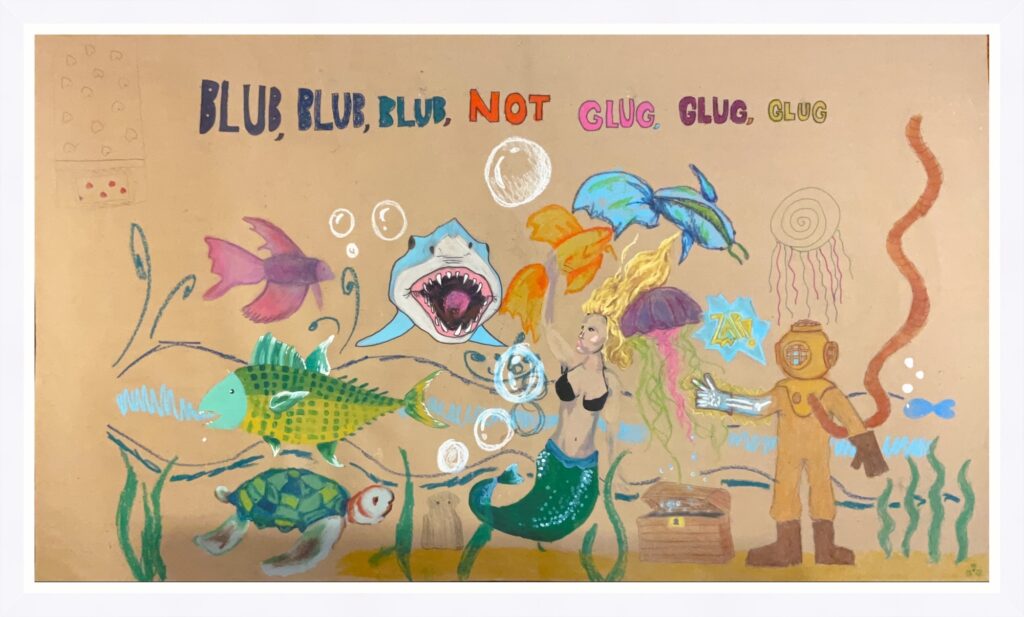At the New York Center for Living (NYCFL), we’ve long known what cutting-edge research now confirms: your personality isn’t set in stone—and creative expression can be a powerful catalyst for change. While conventional therapy often centers on talk-based interventions, NYCFL offers something more: a chance for clients to experience change through art, improv, movement, and play. This embodied approach helps break through intellectual defenses and creates new neural pathways through novel experiences
A recent CBS Sunday Morning segment highlighted the power of creative modalities in mental health treatment. Atlantic journalist Olga Khazan shared how, after years of traditional therapy failed to help her anxiety, it was improv comedy that helped her transform – building confidence, joy and deeper engagement with life. Dr. Shannon Sauer-Zavala, a University of Kentucky professor and personality science researcher, confirmed Khazan’s experience, and explained that traits once considered fixed – like anxiety or introversion – can change with the right interventions.

We witness this transformation daily. NYCFL clinician Grace Miceli, MHC-LP, CAT-LP, ATR-P, incorporates creative modalities into both group therapy and weekly outings. “Our clients attend improv classes at Urban Stages, where instructor Pat tells them: ‘Suspend judgment of yourself and others,’” she explains. “When they’re met with acceptance while being authentically themselves, the healing accelerates.”
Art therapy at NYCFL offers another powerful channel for growth: “Clients confront their fear of imperfection,” says Miceli, “while developing new coping skills and engaging in meaningful self-discovery.”
Creative modalities in group settings provide a fertile ground for real change. They work because they:
- Invite Imperfection: In drama or art, there’s no “right answer.” Clients can challenge their perfectionist tendencies and learn to embrace failure as fuel for growth.
- Foster Community: Shared laughter during improv or the quiet focus of group painting fosters deep, authentic bonds. These moments build trust and help combat the isolation that so often accompanies substance use disorders.
- Enable Embodied Learning: Talking about change activates the intellect—but acting, painting, or moving through it engages the whole self. Clients begin to feel different, not just think differently.
- Offer Real-Time Rehearsal: Improv offers shy clients a chance to practice boldness. Collaborative art-making invites those with control issues to try flexibility. Each group becomes a lab for trying out new ways of being.
Most substance use treatment programs focus on stopping behaviors. At NYCFL, we focus on starting something new. Through a blend of science, data-backed therapy practices and dynamic programming, we show how creative expression becomes a trial run for life without substances.